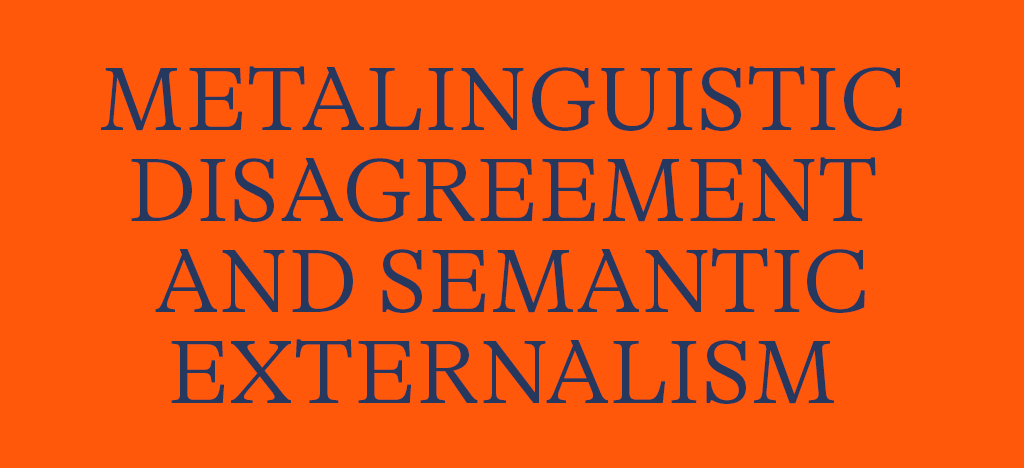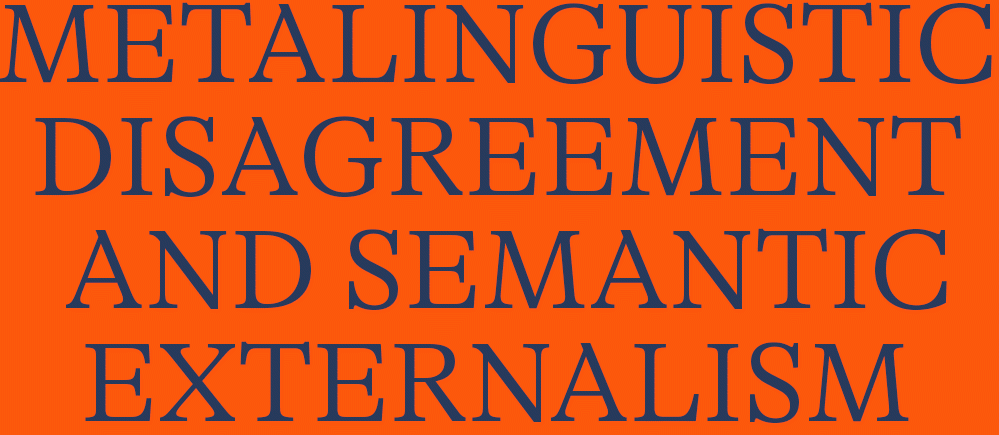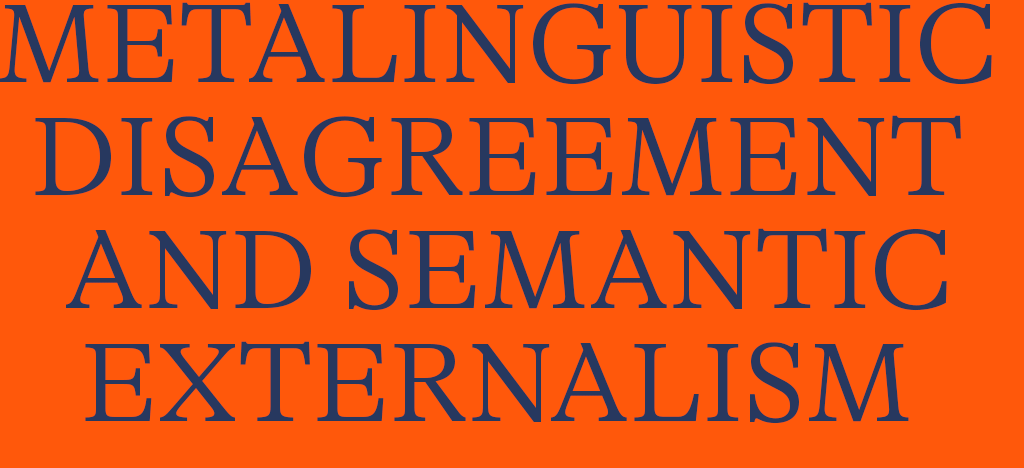HOME | PROGRAMME | ABSTRACTS | SPECIAL ISSUE

LISBON | 19-20 MAY 2022
PHILA Group | ArgLab | IFILNOVA
INVITED SPEAKERS
Delia Belleri (University of Lisbon)
David Plunkett (Dartmouth College)
Mark Richard (Harvard University)
Sarah Sawyer (University of Sussex)
ORGANIZERS
Pedro Abreu (ArgLab, IFILNOVA, NOVA University of Lisbon)
Erich Rast (ArgLab, IFILNOVA, NOVA University of Lisbon)
Giulia Terzian (ArgLab, IFILNOVA, NOVA University of Lisbon)
Various forms of metalinguistic disagreement and related projects and phenomena such as “metalinguistic negotiation” (Plunkett&Sundell 2013), “conceptual ethics” (Burgess&Plunkett 2013), “conceptual engineering” (Cappelen 2018), “semantic amelioration” (Haslanger 2012), and “verbal disputes” (Belleri 2017, 2018, 2020; Chalmers 2011; Hirsch 2005, 2009; Jenkins 2014; Sidelle 2007; Vermeulen 2018) have recently been the object of intense attention and discussion.
Although many authors agree that metalinguistic disagreement can be reconciled with some versions of semantic externalism, there are problems: How can we argue rationally about the meanings of linguistic expressions when these are individuated externally and we lack control over/the ability to change them? In what sense can speakers be said to negotiate meanings and what is the relation between idiolectal meaning and public language meaning that any conception of meaning negotiation seems to presuppose? How can verbal disputes be as pervasive as some authors suggest if meanings are as stable as some forms of semantic externalism indicate?
The purpose of this conference is to examine how different internalist and externalist accounts of meaning fare with explaining divergences and arguments over/about the meanings of words and attempts to change these.
VENUE
NOVA University, Campolide Campus, 2nd floor, Room CAN 219
KEY DATES
Submission of anonymised abstracts: 31 January 2022
Notification of acceptance: 15 March 2022
Conference: 19-20 May 2022
Please contact any one of the organisers – Giulia Terzian (giuliaterzian@fcsh.unl.pt), Erich Rast (erast@fcsh.unl.pt) and Pedro Abreu (pedroabreu@fcsh.unl.pt) – for informal inquiries.


